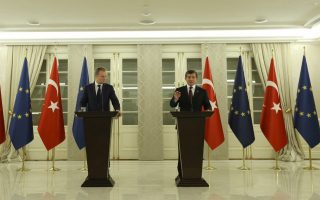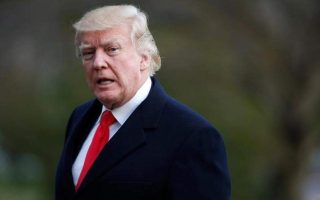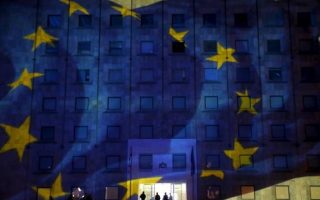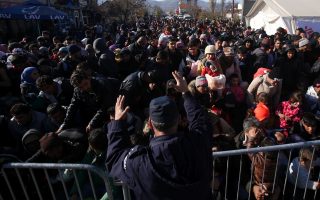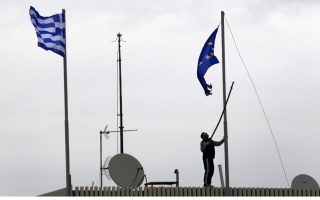In the midst of chaos
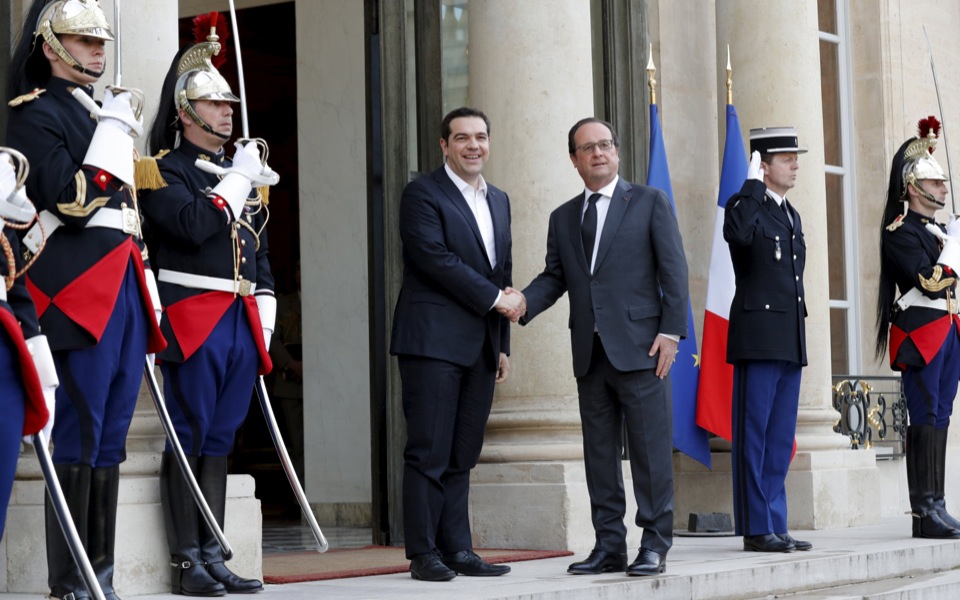
Another crisis has broken out following the rift between the Greek coalition government and the International Monetary Fund, and discussions have again been launched in Paris at a meeting between French President Francois Hollande and Prime Minister Alexis Tsipras. In all likelihood it is not a storm of massive proportions, just a little bit of turbulence that will ultimately end in the conclusion of the pending creditors’ review, albeit with a few gaps. Drama, after all, has been a key component of Tsipras’s leadership, however weary it may make the citizens of this country.
For six years and increasingly since January 2015, different governments have clashed with the creditors and then signed short-term agreements – extremely painful ones at that – simply to maintain the illusion that we will return to normality and much-touted growth. What’s different now is the disharmony between the European Union and the IMF, with the latter declaring that the Greek debt is unsustainable and German Finance Minister Wolfgang Schaeuble arguing the opposite.
If, however, the big guns of the institutions are unable to agree on something so fundamental, then what can one really expect from a band of Greek amateurs which are struggling to reconcile their Bolshevist predilections with European standards, which, in turn, are being kept up for appearances’ sake only as the forces of fragmentation are rising constantly. The Dutch rejected an EU deal with Ukraine and in Britain, Prime Minister David Cameron, the staunchest supporter of the country remaining in the European family, is struggling to temper reactions toward his father’s appearance in the Panama Papers and to hold together his deeply divided party. Last but not least, Skopje’s behavior has prompted Vienna to build a fence on the Austrian border with Italy.
The system is in complete turmoil and certain nobodies are assuming roles that simply don’t belong to them. For example, Poul Thomsen, a high-ranking bureaucrat, developed a strategy to blackmail Europe’s most powerful politician, German Chancellor Angela Merkel, and is still around. Given that, it is hardly surprising that Tsipras appears as a “big player” and is treated as such by his peers.

